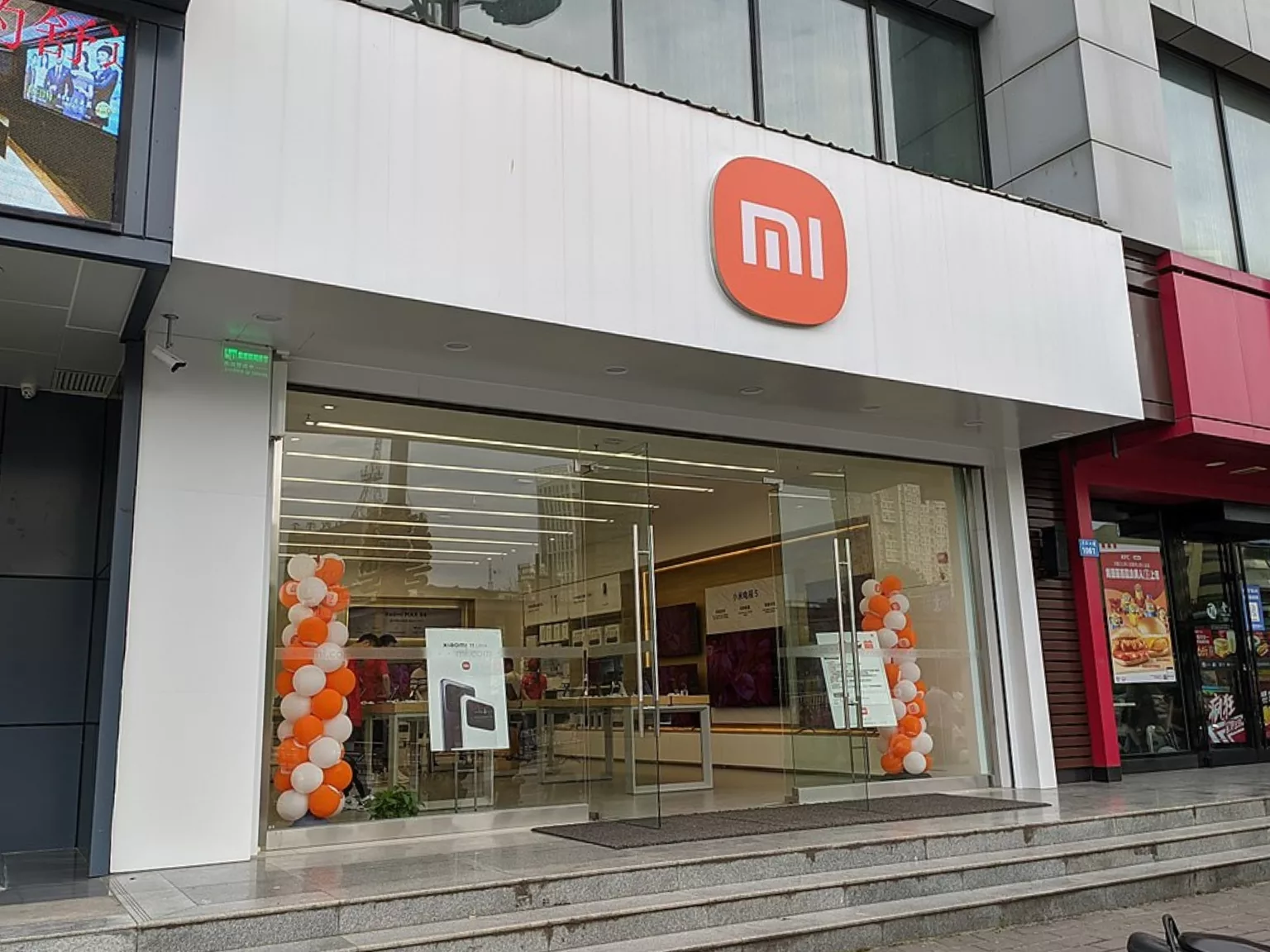
Xiaomi says India’s heavy hand on Chinese firms leading to uncertain component supply chains: Report
India’s smartphone market, fastest growing in the world, continues to be dominated by affordable, lower-priced androids. And leading the pack is mostly an all-Chinese affairs, despite government efforts to push manufacturing and a clampdown on Chinese companies. One among them, which faced a hard hand from the government, but still commands the most — 18% — market share, is Beijing-headquartered Xiaomi. Now, the company has communicated concerns to the Indian government regarding the reluctance of smartphone component suppliers to establish operations in the world’s largest internet market, according to a letter accessed by Reuters.
Xiaomi, in its letter, says that this reluctance stems from India’s continued scrutiny of Chinese companies operating within its borders. This development comes at a time when Chinese companies have already drawn the ire of India authorities. Allegations of non-compliance and financial impropriety have been leveled against some Chinese companies operating in India. India’s regulators previously accused Chinese smartphone maker Vivo of breaching visa rules and siphoning funds from India. Additionally, India has frozen assets worth over $676 million belonging to Xiaomi, alleging illegal remittances to foreign entities, so far.
To provide the necessary context, India increased scrutiny of Chinese businesses after a 2020 border clash between the two nations, resulting in strained bilateral relations. This scrutiny has impacted the plans of various Chinese companies, including Xiaomi. The regulatory landscape for Chinese companies in India thus became more challenging, especially after hundreds of Chinese apps were booted off the Indian market (including ByteDance’s TikTok, amongst others).
Xiaomi assembles smartphones in India using mostly locally sourced components, with a portion imported from China and other countries. However, the company faces obstacles in securing local component suppliers due to concerns over the regulatory compliance, visa issues, and other challenges specific to the Indian market, it said. The reluctance of component suppliers to establish operations in India could disrupt Xiaomi’s supply chain and hinder its ability to meet consumer demand for smartphones. This could result in delays in product launches and potentially impact market share.
So far, the company has advocated for policy measures to encourage component suppliers to set up manufacturing facilities in India, including offering manufacturing incentives and reducing import tariffs on specific smartphone components. The company believes such incentives would promote local manufacturing and enhance India’s competitiveness in the global smartphone market. According to Xiaomi India President Muralikrishnan B., there is a need for working on “confidence building” measures to encourage component suppliers to setup operations locally.
“There are apprehensions among component suppliers regarding establishing operations in India, stemming from the challenges faced by companies in India, particularly from Chinese origin,” Muralikrishnan said, adding that “the government should address these concerns and work to instil confidence among foreign component suppliers, encouraging them to set up manufacturing facilities in India.”, he said in the letter.


